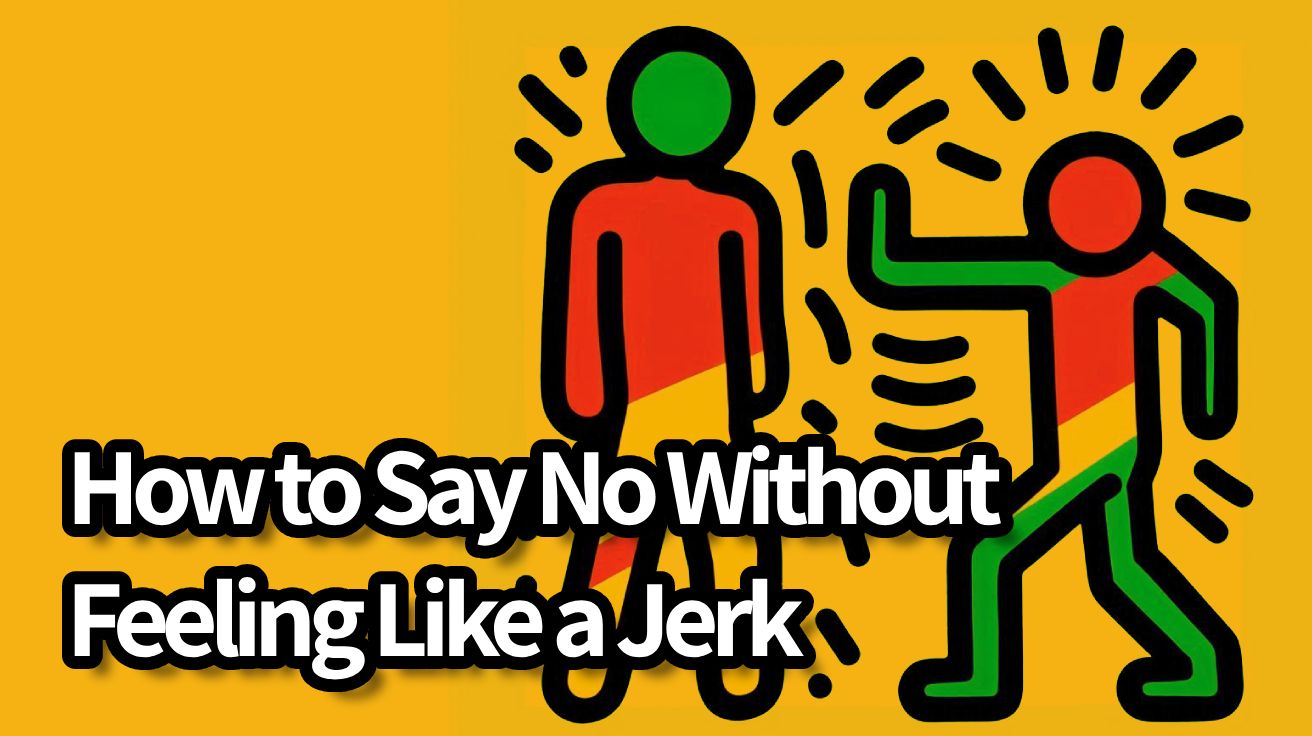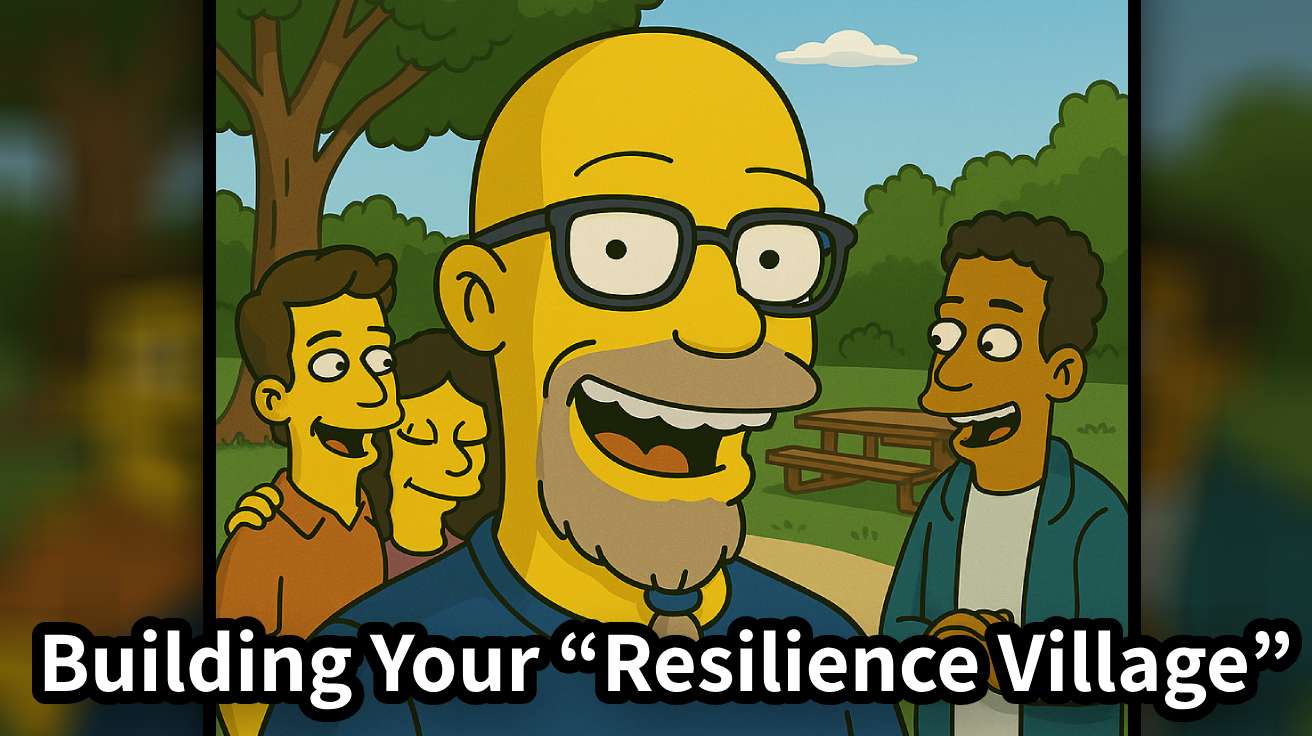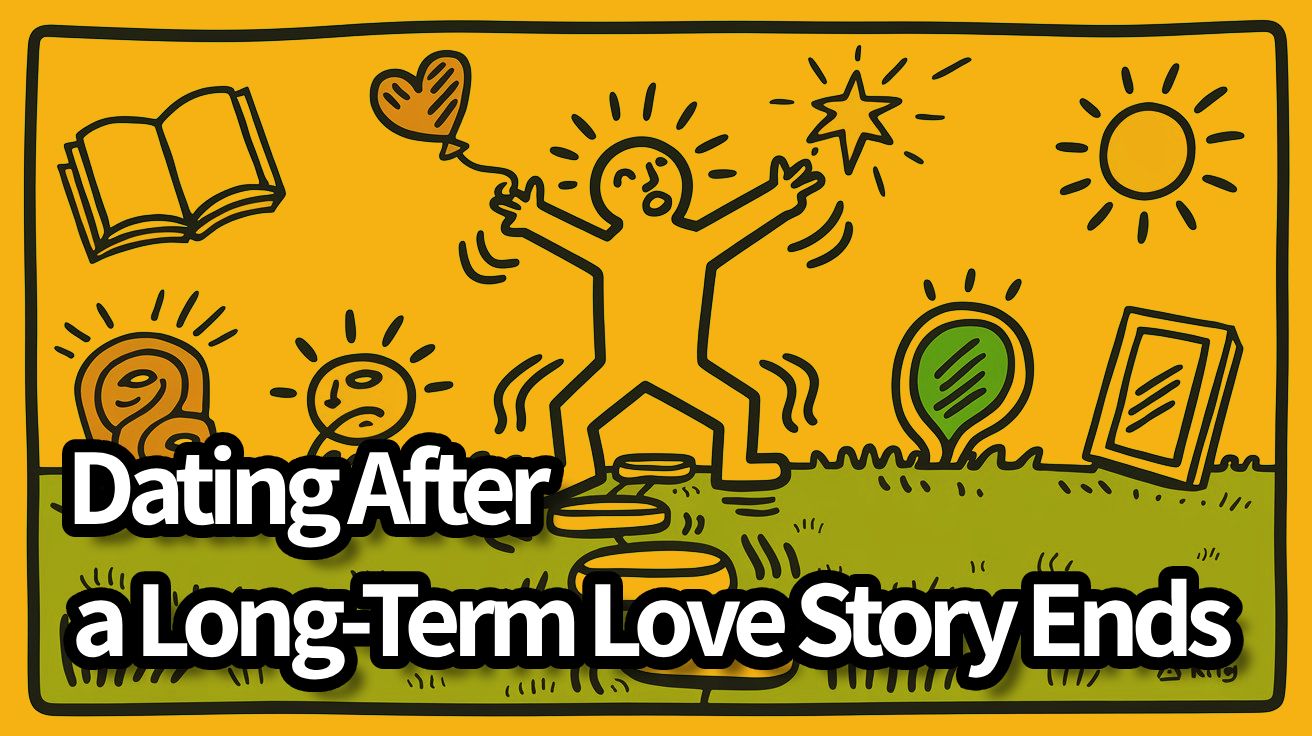The No-Guilt Guide:
How to Say No Without Feeling Like a Jerk
Saying “no” shouldn’t feel like a crime. But if you’re wired to keep everyone happy, it probably does. Saying “no” can feel like you’re signing up for a guilt trip, right?
We’ve all been there. Someone asks for a favor, and even though you’re swamped, you say “yes.” Why? Because guilt, anxiety, and the fear of rocking the boat all pile up. But guess what? Those feelings are normal. You’re not alone. The problem is, they’re not helping you.
So, how do we ditch the guilt and start saying “no” like we mean it? Think of it this way: your “no” is an act of self-respect. It’s not selfish—it’s self-care.
No is a complete sentence. You don’t need to write a novel explaining why. A simple “No, I can’t” is enough.
Practice makes progress. Start small. Say no to that extra chore or last-minute request. Each “no” is a win.
Manage the guilt. It’ll pop up. Acknowledge it, but don’t let it call the shots. Connect your “no” to your values—what’s actually important to you?
Build your squad. Surround yourself with people who get it. They’ll be your cheerleaders.
Be kind to yourself. You’ll stumble, but every “no” gets you closer to a life that actually works for you.
When People Don’t Take No for an Answer
Sometimes, people push back. That’s when you bring out the big guns.
Broken Record. Calmly and repeatedly state your “no” without getting drawn into arguments. “I understand you need help moving, but I’m unable to.” Repeat as needed.
Fogging. Acknowledge their perspective without changing your stance. “You’re right, it would be helpful, but I still can’t.”
Assertive Inquiry. Ask direct questions to understand their request better. Sometimes, this reveals they’re asking too much. “Can you tell me more about why you need this done by tomorrow?”
Track Your Wins
Here’s a simple trick: Create Your “No” Wins. Every time you say “no,” jot down what you said no to, how it felt, and how you’ll celebrate. It’s a mini-pat on the back—and proof that you’re making progress.
Look, saying “no” isn’t about being difficult. It’s about protecting your well-being. It’s about building a life that aligns with your values. It’s about saying “yes” to yourself.
Reclaiming Your Power: Move Forward.
If you want to dive deeper into this and learn how to make saying “no” a natural part of your life, my handbook is a great resource. It’s packed with practical strategies and real-life scenarios.
And if you’re ready to master the art of assertiveness in different areas of life, check out The Therapist’s Handbook series. Each book covers the skills of setting boundaries and saying “no” where it matters most:
- The Therapist’s Handbook for Modern Dating – navigating relationships while maintaining your self-respect.
- The Therapist’s Handbook for People-Pleasers – overcoming the urge to say “yes” at your own expense.
- The Therapist’s Handbook for Healing from Emotional Burnout – reclaiming your time and energy without guilt.
This isn’t just about saying “no.” It’s about taking back your time, your energy, and your life. And that starts now.
Change is always possible.








